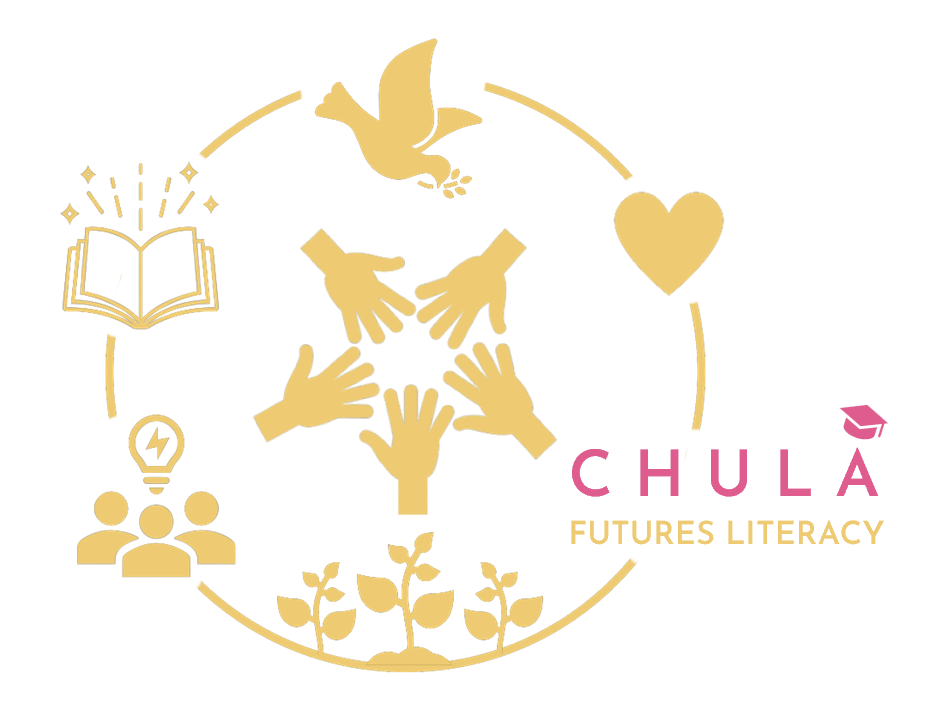Panel Session 8
Session title:
Fostering Empathy and Compassion for a Sustainable Society:
The Role of Religion, Faith and Spirituality
The future of religion, faith and spirituality remains elusive in the age of the Internet of Things (IoTs) and deep social media engagement. Social polarization, fragmentation of religious authority and the rise of online religion have challenged the way we perceive, discuss and experience religion, faith and spirituality. The increasing number of atheists, agnostics, the unaffiliated and ‘the nones’ merely illustrate what the future holds for traditional and conventional forms of religion, faith and spirituality. These challenges are further compounded by the way of life and living of Generation Z and the so-called digital natives, who are seemingly living in a parallel universe and harboring uncanny perspectives about what they believe and do not believe in. In some sense, with these trends, there has also been an increase in the ‘global distribution’ of personal and public sites of pain, suffering, destruction and death.
This panel therefore explores the prospect of fostering empathy and compassion in a world that is fast moving and embracing formless, non-rigid and flexible norms, values and moral systems that may or may not be related to the existing religious traditions, faith communities and spiritual groups. The almost-universal suffering that the world experienced with the Covid-19 pandemic can perhaps be a catalyst for those wanting to find other pathways to a different kind of ‘salvation’ altogether.
Living in Broken World: The Urgent Need for Public Compassion
The sites of pain, suffering, destruction and death, distributed globally, are indeed increasing and becoming (all) life-threatening. A cursory examination of global, regional and national eco-socio-statistics should alarm us. We are, indeed, in the midst of a state of eco-socio emergency. But that is not the narrative or story we will probably hear or want to hear. Or, such narratives are isolated and limited, marginalized, labeled, ridiculed or demonized. Or harshly censured: The assassinations of so many people around the world—who, moved by compassion and social justice—have stood up for vulnerable communities and against the destruction of living habitats/Nature. We certainly live in a broken world—broken on the inside as well on the outside. But we refuse to see it that way. We have made all kinds of noisy (sometimes mindless and arrogant) claims of success, achievements or progress. But in recent times young people from all over the world, inspired by persons like Severn Suzuki and Greta Turnberg, have taken the world of adults—world leaders and managers, you and me—to task.
We just ought to be ashamed of ourselves. They have told us in no uncertain terms that the cold, calculated, massive mess we have created affects their futures directly—creating eco anxiety, eco-angst or solastalgia into aspects of their unhealthy ab-Normal.
The foundation of that criticism/accusation taking us to task is the progressive loss of space and social ecology for genuine all-round dialogue as well as public compassion.
Title: Metaverse and Religious Inclusion—A Dialogue
There are dramatic global challenges to push us and re-examine our identity and the need for intercultural dialogue to overcome differences and bring the world together around the concept of a global human module, where all people are considered “citizens of humanity. “Dialogue is important to give the world an agenda for action developed based on tolerance, mutual respect, and fairness. These actions can only succeed if people are clear about the foundation of cultures and civilizations, which can only be reached through dialogue. The fact that the world is more interconnected today does not mean that people are living in harmony, as revealed by the exclusions suffered by millions of poor women, youth, migrants, and minorities, especially during the COVID crisis.
The term “metaverse” is the latest buzzword to capture the tech industry’s imagination, so much so that one of the best-known intern platforms is rebranding to signal its embrace of this futuristic idea. Despite the availability of information and technology, conflicts and poverty still exist. How religious inclusion and spirituality can heal the trauma and prepare human beings to become more humanized, has been depicted in this paper.
Religion as if Kindness Mattered: Reshaping Social Relationships—both Personal and Structural—is Key to Survival Now
Could it be that global capitalism in the 21st century, with its infinite digital fulfilments and its mantra of infinite growth and possibility, is the real opiate of the masses? For in the midst of wondrous technologies enabling leaps across time and space, the vast majority of the world’s population suffers from a lack of security, community, leisure, education, meaningful work, and even the fundamentals of life. Worthy of critique in the contemporary capitalist system is its idolization of profit, power, pleasure, and prestige, and its bestowal of these to an astonishingly small global elite through systems that extract from nature and exploit the majority. Yet even the elite cannot escape this system’s willingness to destroy the very grounds of civilization through planetary collapse. Despite the routine corruption of religious traditions, they remain hopeful as ethical traditions capable of practicing and teaching other values. Chief among these are humility, tolerance, vulnerability, and the open-minded search for ways to manifest kindness and love, grounded in our common humanity. We may need religion with a small “r,” to paraphrase Sulak Sivaraksa’s provocative concept of “Buddhism with a Small ‘b.’”
Speakers
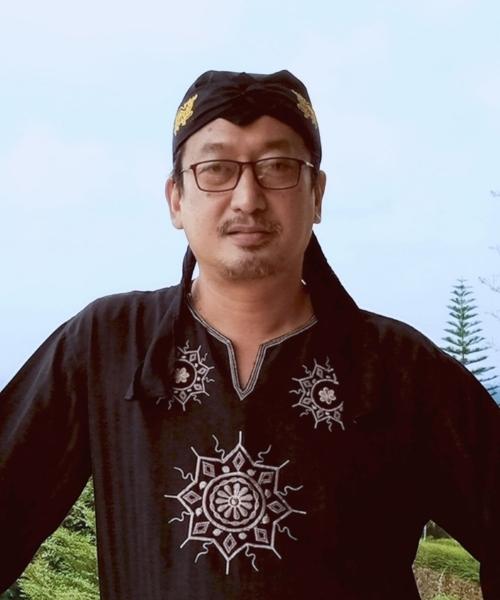
Dr. Dicky Sofjan
Core Doctoral Faculty, Indonesian Consortium for Religious Studies, Universitas Gadjah Mada
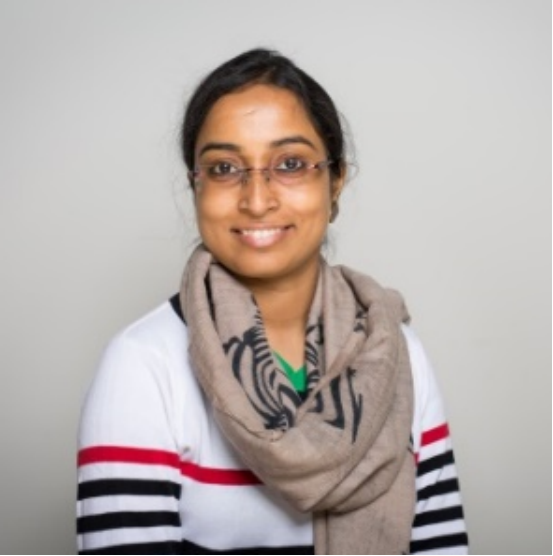
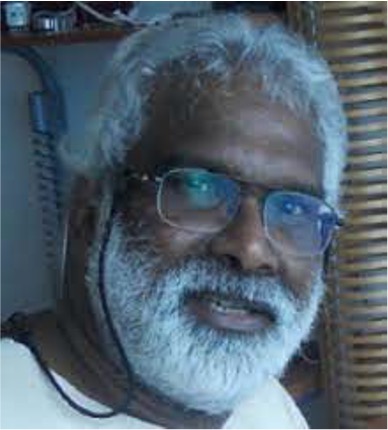
Dr. Nadarajah Manickam
Multiversity Platform, Loyola Extension Services (LES), Loyola College of Social Sciences
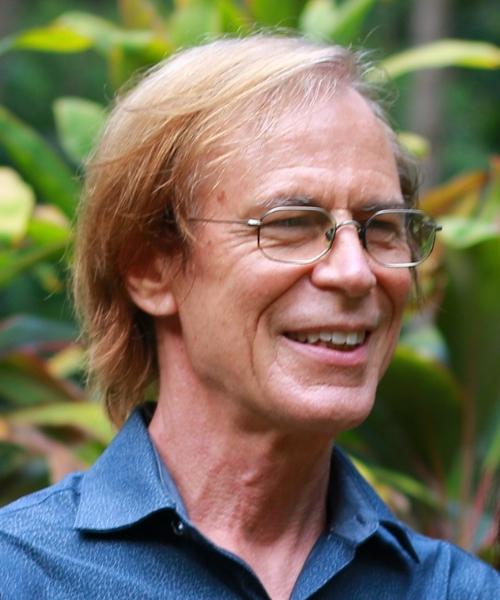
Mr. Theodore (Ted) Mayer
Academic Director, the Institute for Transformative Learning of the International Network of Engaged Buddhists (INEB Institute)
